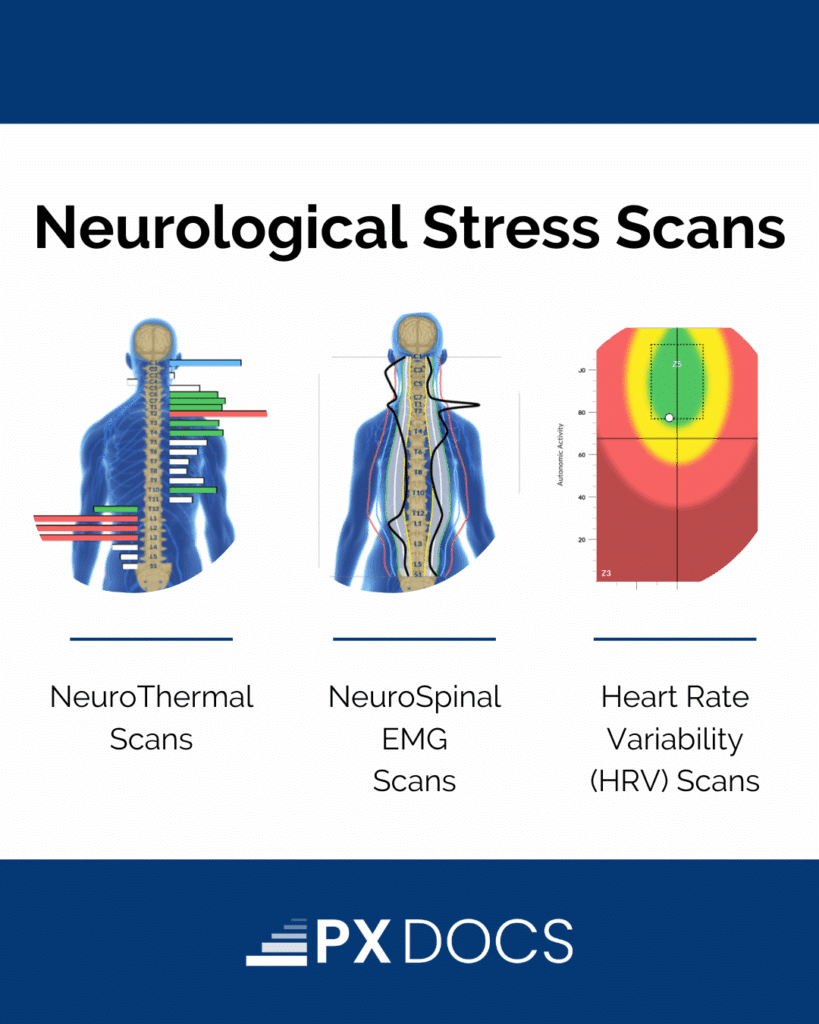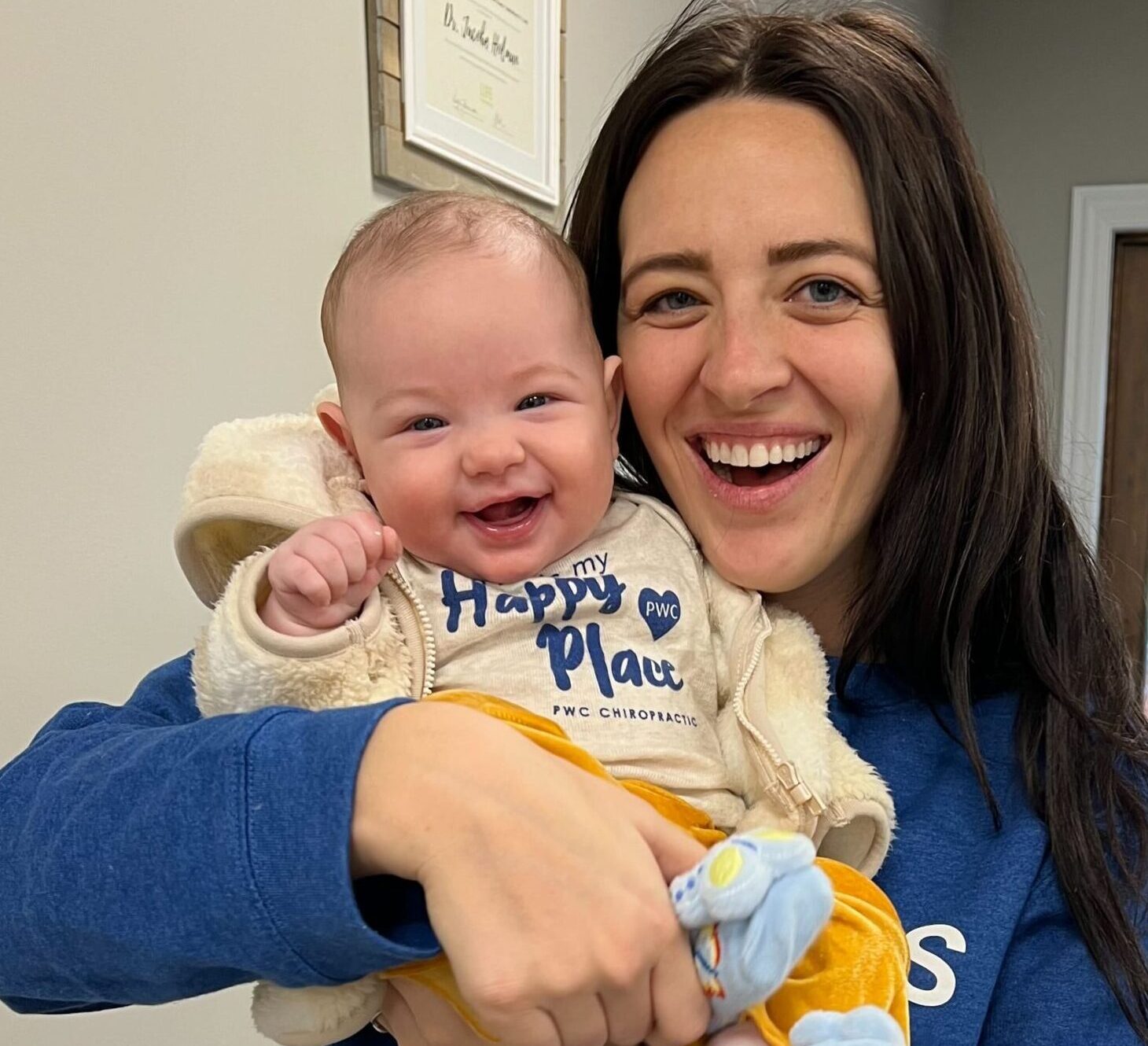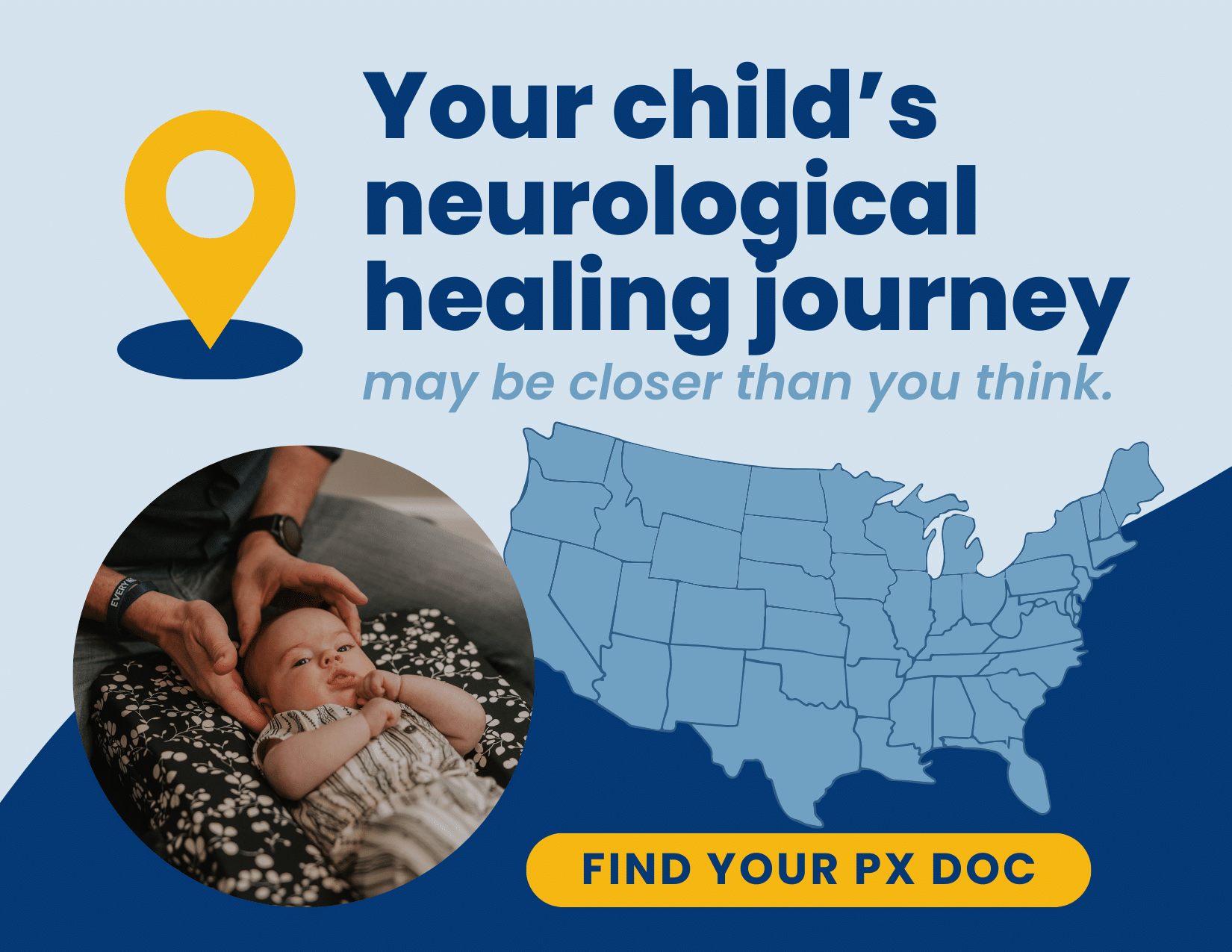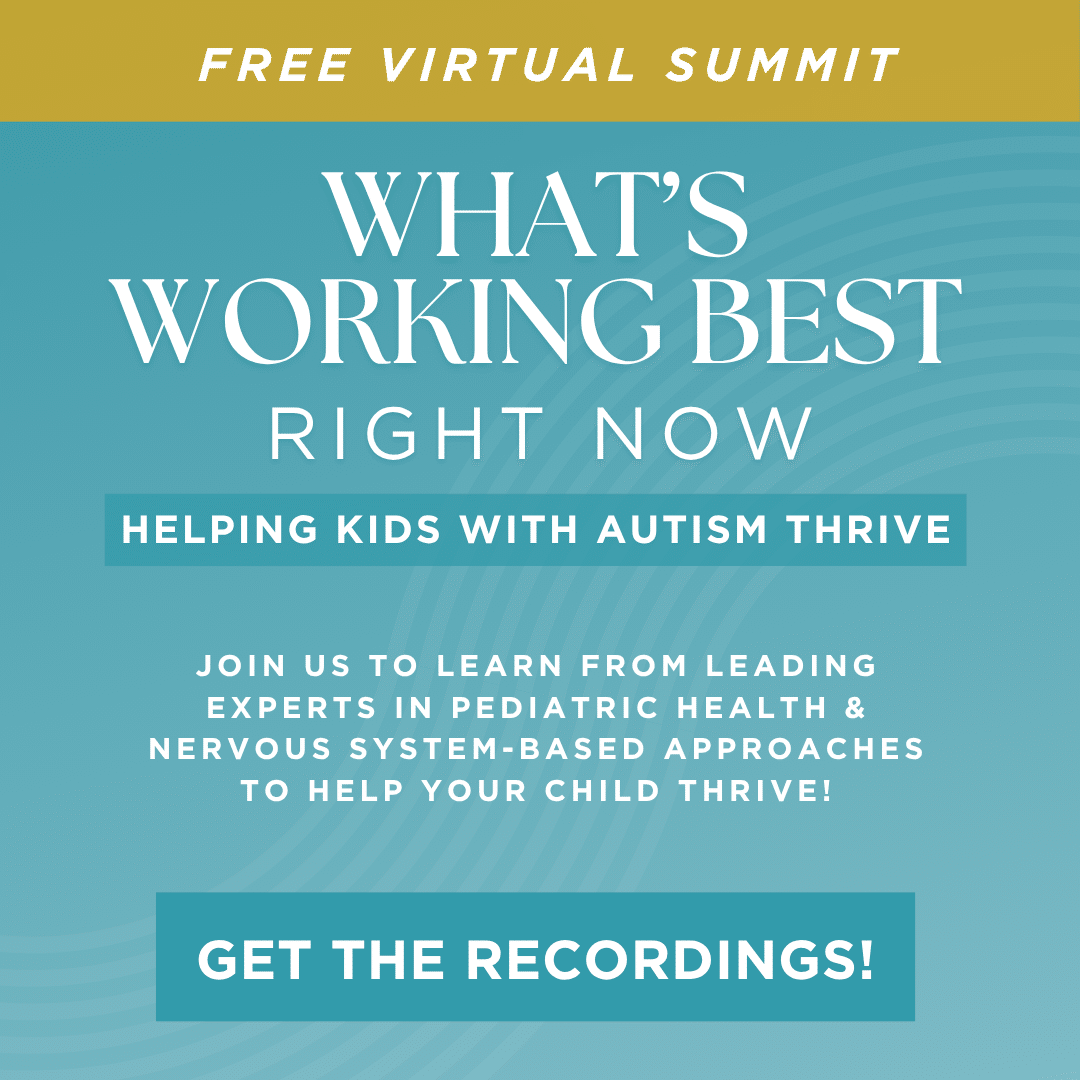If you’re reading this after the September 22, 2025 federal announcement linking Tylenol to autism—or if you’re a mother who took acetaminophen during pregnancy—please know this: It is not your fault.
You likely followed guidance you thought you could trust and made the best decision with the information you had at the time. Autism’s causes are complex and multifaceted, and no single factor tells the whole story.
Most importantly, there is hope and help available right now.
This recent announcement saw the current administration declare that the FDA will update acetaminophen warning labels to include potential autism and ADHD risks during pregnancy—the first U.S. government acknowledgment of this possible connection.
Rates of Autism Spectrum Disorder (ASD) have risen steadily. According to the latest CDC data, autism now affects 1 in 31 children born in 2014, with boys affected at a rate of 1 in 20. While this news has brought acetaminophen into sharp focus, we want to help you understand the much bigger picture through what we call the Perfect Storm model—and most importantly, what you can do today to support your child’s optimal development.
Beyond Tylenol: Understanding the Perfect Storm of Autism
Before diving into the acetaminophen research, it’s crucial to understand that autism doesn’t have a single cause. At PX Docs, we recognize autism as the result of what we call the “Perfect Storm“—a convergence of multiple factors that affect a child’s neurological development.
The Perfect Storm includes numerous potential contributing factors:
- Preconception/Prenatal stress and maternal health challenges during pregnancy
- Birth trauma and interventions (C-sections, forceps, vacuum extraction etc.)
- Nervous System Dysregulation from the earliest stages of life
- Gut dysbiosis and digestive challenges affecting the gut-brain connection
- Environmental toxins from multiple sources
- Inflammation and immune system dysfunction
- Nutritional deficiencies during critical developmental windows
- Genetic predisposition and family history play a small role
- And yes, potentially, medications during pregnancy—including acetaminophen
Think of it this way: if autism were caused by a single factor like Tylenol, we would see a much clearer, more consistent pattern. Every child exposed would be affected, and every child with autism would have that exposure history. But that’s not what we see. Instead, we see a complex interplay of factors, with different combinations affecting different children in unique ways.
Tylenol exposure, even if it plays a role, is just one cloud in a much larger storm. This is actually empowering news—it means there are multiple points where we can intervene and support your child’s nervous system and development, regardless of their history.
What the Research Says About Tylenol and Autism
The September 2025 Announcement and Global Response
On September 22, 2025, the Trump administration, through HHS Secretary Robert F. Kennedy Jr., announced that the FDA would update acetaminophen labels to warn about potential autism and ADHD risks during pregnancy. This represents the first time the U.S. government has formally acknowledged a potential connection, though the FDA was careful to note that “while an association has been described in many studies, a causal relationship has not been established.”
The international response was swift and unified in disagreement. And it left moms and parents with many mixed emotions.
Understanding the Studies: Association vs. Causation
Over the past decade, researchers have been investigating potential connections between medications taken during pregnancy and neurodevelopmental conditions in children. Multiple epidemiological studies have reported associations between prenatal acetaminophen exposure and increased risk of autism and ADHD.
For example, a prominent study published in JAMA Psychiatry in 2020 measured biomarkers in umbilical cord blood samples from almost 1,000 births. The study found that babies with the highest levels of acetaminophen exposure in utero were over three times more likely to be diagnosed with autism compared to those with the lowest exposure (Ji et al., 2020).
After examining 73,881 mother-child pairs, another study found that children exposed to acetaminophen prenatally had a 19% to 21% increased risk of borderline or clinical Autism Spectrum Conditions and ADHD symptoms (Alemany et al., 2021).
Yet another study to consider is the April 2024 Swedish sibling study of 2.5 million children. When researchers compared siblings where one was exposed to acetaminophen in utero and one wasn’t, the associations largely disappeared. This strongly suggests that family factors—environment, lifestyle—may explain the associations seen in other studies, not the medication itself (Ahlqvist et al., 2024).
The Critical Context Often Missing from Headlines
What’s crucial to understand is that observational studies can only show correlation, not necessarily causation. Many factors could explain these associations:
- Mothers who need pain relief during pregnancy may have underlying health conditions
- Fever or infection (reasons for taking Tylenol) might be the actual risk factors
- Recall bias—mothers of children with autism may remember medication use differently
Furthermore, the observed associations show modest increases in risk (5-20%), which can play a role but cannot explain the dramatic rise in autism rates from 1 in 150 in 2000 to 1 in 31 today. If acetaminophen were a primary cause, we would expect to see much stronger associations.
Moving Forward with Hope: The Power of Neurologically-Focused Care Today
Here’s the most important message for parents: Regardless of what factors contributed to your child’s autism—whether it’s the Perfect Storm, environmental factors, or yes, even if acetaminophen played a role—your child’s potential is not fixed. The nervous system has an incredible ability to adapt, heal, and create new pathways.
Why the Past Doesn’t Define the Future
At PX Docs, we see children make remarkable progress every day, regardless of their history. This is possible because:
- Neuroplasticity is real—the brain and nervous system can form new connections throughout childhood
- Addressing Nervous System Dysregulation is essential to improving function regardless of original causes
- The body has innate healing wisdom when interference is removed
- Supporting the nervous system creates positive cascades throughout all systems
What Neurologically-Focused Care Looks Like
At PX Docs, we understand how overwhelming it can feel to navigate the complex world of autism. Families are often left with more questions than answers, which is why we’ve built an approach that blends the latest neurological research with personalized, drug-free care plans rooted in years of clinical experience.
Central to our approach are INSiGHT scans — advanced technology that measures stress and imbalance in the nervous system. Using surface electromyography (sEMG), infrared thermography, and Heart Rate Variability (HRV), these scans provide a clear picture of how the nervous system is functioning. This gives us a detailed roadmap of each child’s unique neurological challenges.

With this insight, our doctors design customized care plans that use specific neurotonal chiropractic adjustments to restore balance and regulation to the nervous system. Unlike traditional chiropractic care, which emphasizes ‘spinal alignment,’ our neurologically-focused adjustments target the brainstem, vagus nerve, cerebellum, and transitional zones that regulate sensory processing, behavior, and motor control.
As care progresses, parents often notice early signs of change — what we call “neuro soft signs.” These can include better sleep, improved digestion, and calmer sensory responses. These small but powerful shifts show that the nervous system is moving out of constant stress and into a state where true healing and development can occur.
And the greatest miracle of all is that with consistent care, we’ve seen thousands and thousands of children’s lives, like these, completely transform when their nervous system starts to calm, balance, regulate, and coordinate development the way it was designed to.
These improvements happen not because we’re treating autism directly, but because we’re addressing the underlying Nervous System Dysregulation that is often one of the biggest culprits of autism and the struggles that come along with it.
The Bigger Picture: A Comprehensive Approach
We also know that autism is multifaceted and rarely addressed through one approach alone. But no matter which therapies or interventions are added, the nervous system remains the foundation. When the brain and body are stuck in a state of stress and imbalance, it makes it harder for other therapies—whether speech, occupational, or even nutritional support—to create lasting change.
That’s why we begin with restoring balance and regulation to the nervous system first. Once a child is calmer, sleeping better, and their body is out of “survival mode,” they’re far more able to benefit from other supportive therapies. From there, we collaborate with occupational therapists, speech-language pathologists, and functional medicine providers when needed, layering in those interventions at the right time and in the right sequence.
Together, this team-based and neurologically-sequenced approach helps children unlock their greatest potential and gives parents confidence that every step is building on a strong foundation.
Your Next Steps: Practical Action for Every Situation
Whatever brought you to this article today, there are positive steps you can take right now:
If You’re Currently Pregnant
- Don’t panic about past Tylenol use—when new information comes to light, you can make changes to your decisions moving forward
- Try non-drug comfort measures first: rest, hydration, warm baths, gentle stretching, Prenatal Chiropractic care
- If you need medication, discuss risks and benefits with your healthcare provider
- Remember: untreated high fever poses definite risks; theoretical medication risks must be balanced against real fever dangers
- Focus on overall wellness: reduce stress, eat nourishing foods, and get adequate rest
- Consider starting nervous system-focused care now to optimize your pregnancy, prepare for birth, and start your baby’s nervous system on the right path.
If You’re a New Parent Concerned About Development
- Trust your instincts—if something seems different, seek evaluation
- Early intervention is powerful—don’t “wait and see” if you have concerns
- Document what you observe: sleep patterns, sensory responses, milestones
- Schedule a neurological assessment with a PX Docs practitioner
- Remember: early nervous system support can make a tremendous difference
- Focus on connection, not perfection—your love and attention are powerful medicines
If Your Child Has Already Been Diagnosed with Autism
- Release any guilt about pregnancy choices—you made the best decisions with available information
- Your child’s diagnosis is a starting point, not a limitation
- Get comprehensive nervous system assessment to identify areas of stress and dysfunction
- Build your support team: PX Docs practitioner, therapists, educators who believe in your child’s potential
- Celebrate small wins—progress may be gradual but is still meaningful
- Focus on your child’s strengths while addressing challenges
- Remember: it’s never too late to support nervous system function
If You’re a Healthcare Provider
- Stay informed about evolving research while maintaining a balanced perspective
- Support informed consent by discussing both knowns and unknowns
- Recognize the complexity of autism’s origins—avoid oversimplification
- Refer for nervous system assessment when developmental concerns arise
- Support families holistically, addressing both physical and emotional needs
- Remember: parents need partners, not judges, in their journey
If You’re a Family Member or Friend
- Offer support without judgment—parents are doing their best
- Avoid sharing alarming headlines without context
- Ask how you can help: babysitting, meal prep, or just listening
- Celebrate the child’s uniqueness while supporting the family’s journey
- Learn more about autism from trusted sources like PX Docs
- Remember: your acceptance and support mean more than you know
Your Child’s Potential Is Not Limited by the Past
As we process the news about acetaminophen and autism, it’s natural to look backward with questions or regret. But here’s what we want you to remember: Your child’s future is not determined by any single factor from the past.
Whether acetaminophen played a role, whether it was Birth Trauma, or whether it was a complex Perfect Storm of factors—what matters most is what you do from this moment forward.
The Path Forward Is Clear
At PX Docs, we’ve seen thousands of children make remarkable progress when their nervous systems receive proper support. Children who were non-verbal begin to communicate. Children with severe sensory challenges learn to regulate. Children who struggled with connection begin to engage with their world in beautiful new ways.
This isn’t about false hope or miracle cures. It’s about understanding that:
- The nervous system is incredibly adaptable when given the right support
- Removing interference allows natural healing processes to emerge
- Every small improvement builds toward greater function
- Your child has untapped potential waiting to be expressed
Taking Action Today
Regardless of what research eventually reveals about acetaminophen, regardless of what factors contributed to your child’s autism, one thing remains constant: Your child deserves support today, not someday when all the research is complete.
The nervous system doesn’t wait for perfect knowledge—it responds to the care it receives right now. Every adjustment, every moment of reduced stress, every improvement in function creates positive momentum that builds over time.
Your Child Needs Your Hope, Not Your Guilt
If today’s news has triggered guilt or regret about choices you made during pregnancy, we want to leave you with this:
- You are not to blame for your child’s autism
- You made the best choices with the information available
- Millions of mothers took acetaminophen and have neurotypical children
- Millions of mothers never took it and have children with autism
- The Perfect Storm is complex—no single choice created this situation
- Your energy is better spent on action than regret
- Your child needs your advocacy and love, not your guilt
- There is real reason for hope, starting today
The Next Step Is Simple
Don’t let uncertainty paralyze you. Don’t wait for definitive answers that may never come. Your child’s nervous system is ready to respond to support right now.
Connect with a trained PX Docs practitioner who can:
- Assess your child’s specific nervous system function
- Identify areas of stress and interference
- Create a personalized care plan
- Support your family through the journey
- Help your child reach their fullest potential
Check out our directory to find a PX Docs office near you. Take the first step toward unlocking your child’s potential.






